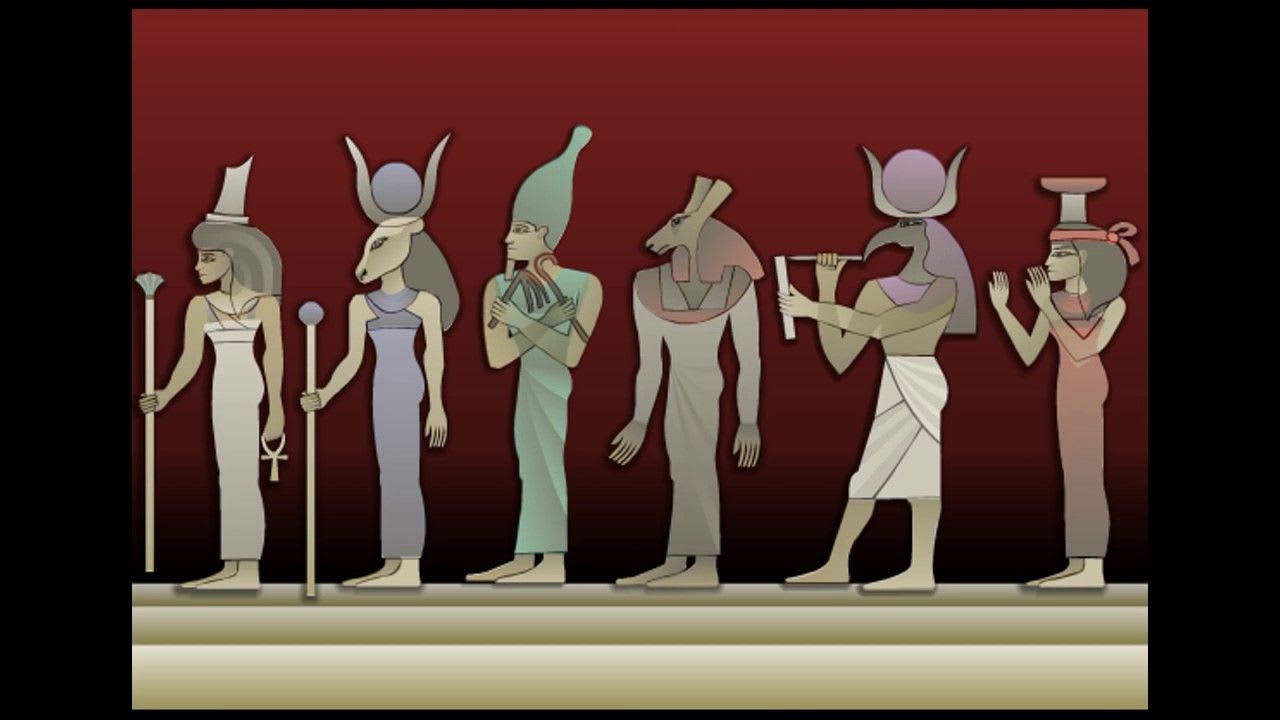Lesotho is a rather unique country as it is not just land-locked, but also entirely enclosed by South Africa. There are only two other countries in the world that are located within other countries, San Marino and Vatican City. While the latter two countries’ independence is largely as a result of internal conflicts, the reason for Lesotho’s independence can actually be tied to the British.
In this article, we will look at how the territory formerly known as Basutoland came to be and how British rule eventually led to its exclusion from South Africa.
Basutoland in the British Cape Colony
From the late 1810’s, the Sotho peoples unified into a defensive state called Basutoland, which was founded and led by Moshoeshoe 1. The Basotho (people of Lesotho) defended their territory from attacks by the British and the Boers in the 1840s and ‘50s. However, by the 1860s, they were overpowered by the Boers, who also resisted British rule.
In order to block the Boers’ efforts to directly incorporate it into the Boer Orange Free State, Basutoland was declared a British royal dominion in 1868. The territory remained a British protectorate for two years, till Moshoeshoe died in 1870. Thereafter, Basutoland was forcefully annexed to the British Cape Colony, which would soon be granted self-government.
Consequently, the Basotho were subjected to the rule of White magistrates from the Cape Colony. These magistrates interfered with the chiefs’ authority and traditional laws of the Basotho. They displaced the Basotho and forced them to work on White-owned farms and mines. The magistrates even demarcated a part of southern Basutoland for White occupation only.
Frustrated by Cape Colony’s rule, Basotho chiefs attacked Cape Colony magistrates and asserted their desire for self-rule in 1879. In retaliation, Cape soldiers were sent into Basutoland and by the next year, Cape’s government decided to enforce the 1879 Disarmament Act.
The act sowed discord amongst the Basotho, as some sought to collaborate with Cape Colony while others sought to rebel. Consequently, a civil war between the Sotho chiefs ensued, heightening the already existing conflict about the position of the paramount chief.
Basuto Gun War
The Basuto Gun War, also known as the Basuto Rebellion, was a conflict between the people of Basutoland (now Lesotho) and the British Cape Colony that lasted from 13th September, 1880 to 29th April, 1881. The conflict ended 10 years of rule by the Cape Colony over Basutoland.
In September 1880, Cape Colony troops attacked Basotho rebels, led by Chief Lerotholi Letsie who later became king of Lesotho. The following month, the Basotho had a decisive victory at Qalabane Mafeteng where they defeated 212 Cape Colony soldiers. The Basotho army of 300 fought from strategic positions in the rugged mountainous region, killing or wounding 39 of the Cape troops, while largely remaining unscathed themselves.
Still, the Cape Colony did not make peace with Basutoland till April 1881, after facing the fact that they were unable to commit the volume of troops required to match the Basotho rebel armies. The British colonial government reportedly lost about £1.3 million, a loan they had obtained from the Standard Bank South Africa to fight the war.
The Basuto Gun War bore, and still bears, great significance because it was one of few examples of Black Africans beating out colonial powers in the 19th century.
Aftermath
Following the war, the Basotho were allowed to keep their guns, provided they paid an annual tax on each gun to the colony. However, by 1882, the Basotho had started evading the tax. To combat this, a Cape army was sent under Gen. Charles Gordon, but it retreated without achieving anything. In 1884, the Cape Colony, fearing that more war would break out, decided to hand Basutoland directly to the British government.
Basutoland became a British High Commission Territory, and the powers of the Sotho chiefs were sustained. As a result of this new status, Basutoland did not become part of the surrounding Union of South Africa when it was formed in 1910. Instead, Basutoland remained under British rule till 1966, when it became the independent country of Lesotho.
Till today, there is still much debate concerning Lesotho’s status as an independent country within South Africa. Some argue that its annexation to South Africa would be economically beneficial to the Basotho, especially citing Lesotho’s struggle with AIDS. Conversely, others argue that the two countries already have enough mutually beneficial economic and social relations.
Regardless of its economic challenges, Lesotho has earned the right to its independence, and still continues to fight for what is rightfully hers.










